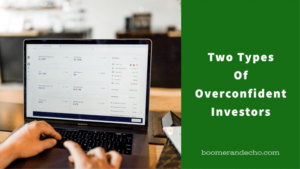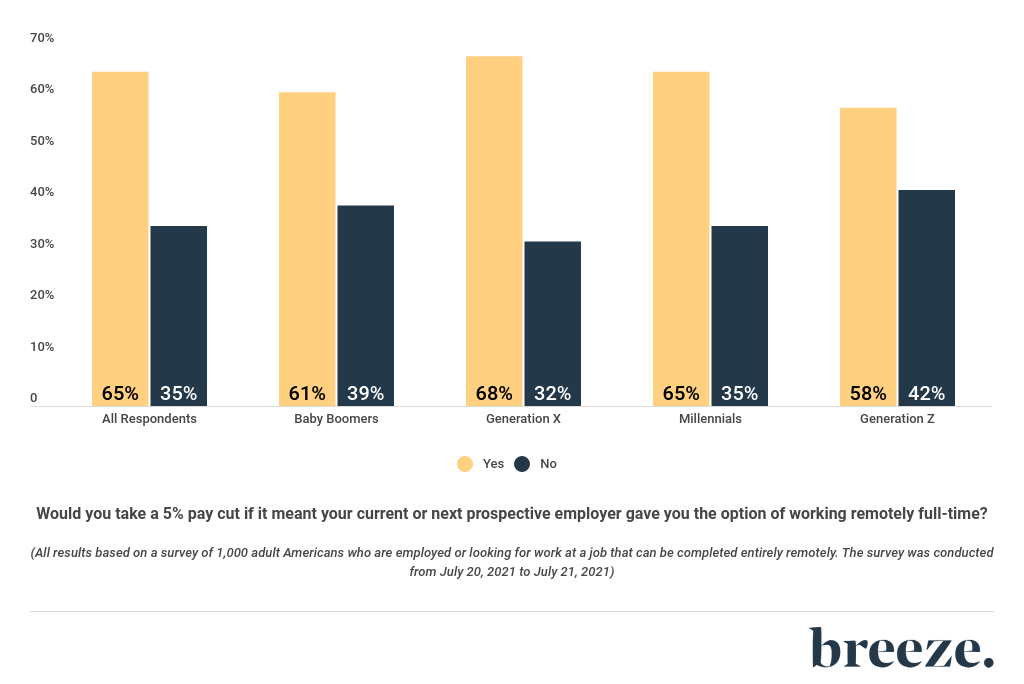By Dale Roberts, cutthecrapinvesting
Special to the Financial Independence Hub
Today’s post will weave together retirement as seen in a more traditional sense and those who practice F.I.R.E. – an acronym for financial independence and retire early. In the Globe and Mail Brenda Bouw offered that the COVID pandemic is giving early retirees second thoughts, they’re going back to work. On FiPhysician, Dr. David Graham offers that traditional retirement is dead – RIP. The old approach will fall on its face. We might run out of money before we run out of time. We will also see how Justwealth has crushed mutual funds over the last five years. Enjoy. We’re rethinking retirement on the Sunday Reads.
We’ll start with rest in peace RIP retirement on FiPhysician. Or, is retirement an acronym? Of course on this site Dr. Graham inspired – how does the pandemic end?
Well, with the common cold.
We no longer work til we drop dead
That retirement piece shows how retirement risks have changed. We are no longer working until we drop dead Dr. Graham offers. We are living longer (generally are much more healthy) than past decades and centuries and we will spend decades in retirement. The traditional retirement funding approach used by our parents and grandparents will not get the job done. Traditionally, social security (CPP in Canada) a pension and home value would do the trick. That requires a re-think offers Dr. Graham.
For starters those government pension won’t keep up with ‘real inflation’ compared to what the government reports. Lots of fudging of ‘official’ numbers on that front.
So, with the three-legged stool of traditional retirement, you cannot keep up with inflation over longer periods of time. Retirement is an anachronism because you cannot fund it.
On the future of retirement and how we might best prepare …
Consider that which is currently changing the world of employment: smart phones and the gig economy.
You won’t retire in the future; you will monetize your hobby and have gigs from your smart phone. After all, we must move from a knowledge-based society to a wisdom-based one. Everyone has knowledge at the tip of their fingers all the time. Who has all the wisdom?
So funny, as I am personally living that now, and by design. I am living proof as are many in today’s new normal for “retirement”. I have the portfolio, I monetize any knowledge or wisdom that might have value. Any gov pension will be a bonus that will not be counted on in any meaningful way. We have real estate.
Protect the portfolio from inflation
I am also of the school that we can protect our portfolio income assets from inflation. And research shows that we need the true inflation fighters such as gold and other commodities and real assets. Continue Reading…








